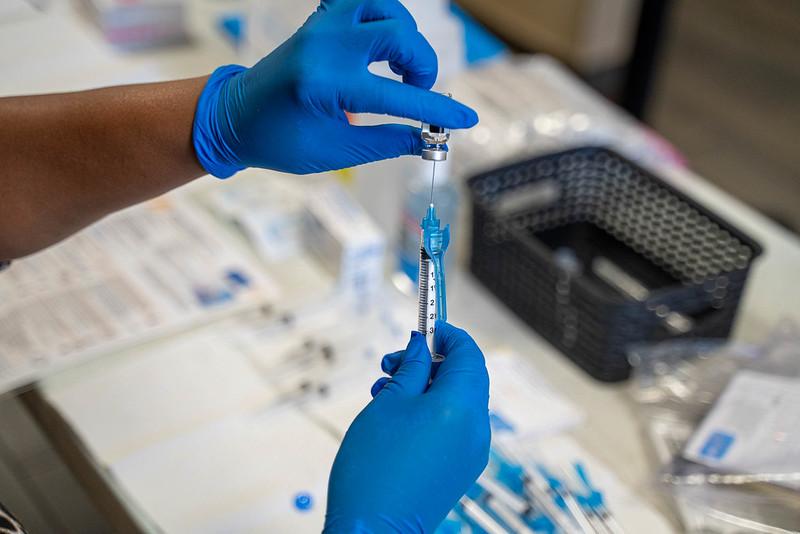The World Health Organization’s experts on COVID-19 vaccines met in mid-April to check if any tweaks are needed to the vaccines we’re using. They looked at how the virus is changing genetically and in terms of its antigens (the parts our immune system reacts to), especially thinking about how this affects vaccine choices.
They suggested that the next round of COVID vaccines should target a specific strain called JN.1, which is now more common than the previous strain, XBB. The evidence shows that JN.1 and XBB.1.5 (the strain we’ve been vaccinating against) are quite different. Studies in animals and humans who’ve had the virus or the vaccine suggest that antibodies produced from XBB.1.5 might not work as well against JN.1.
There are some new versions of JN.1, with changes called FLiRT (FLiRT means there’s a change in the virus at two specific spots). One of these, called KP.2, is now the most common variant in the US, according to the CDC.
Tests suggest that while the current vaccines offer some protection against JN.1, they might not work as well as they did against XBB.1.5, especially as the virus keeps evolving.
However, there’s a new vaccine in the works that targets just the JN.1 strain. Early tests suggest it might be better at generating antibodies against JN.1 variants like KP.2.
The experts admit there are some gaps in their knowledge, like not enough genetic surveillance and not knowing for sure how these changes affect public health. They’re advising countries to keep using the vaccines they have, even if they’re not perfect, rather than waiting for new versions.
In the US, the FDA’s advisory committee on vaccines will meet in mid-May to talk about which strains to target for next year’s vaccines. They’ll make their recommendations public before the meeting.















































